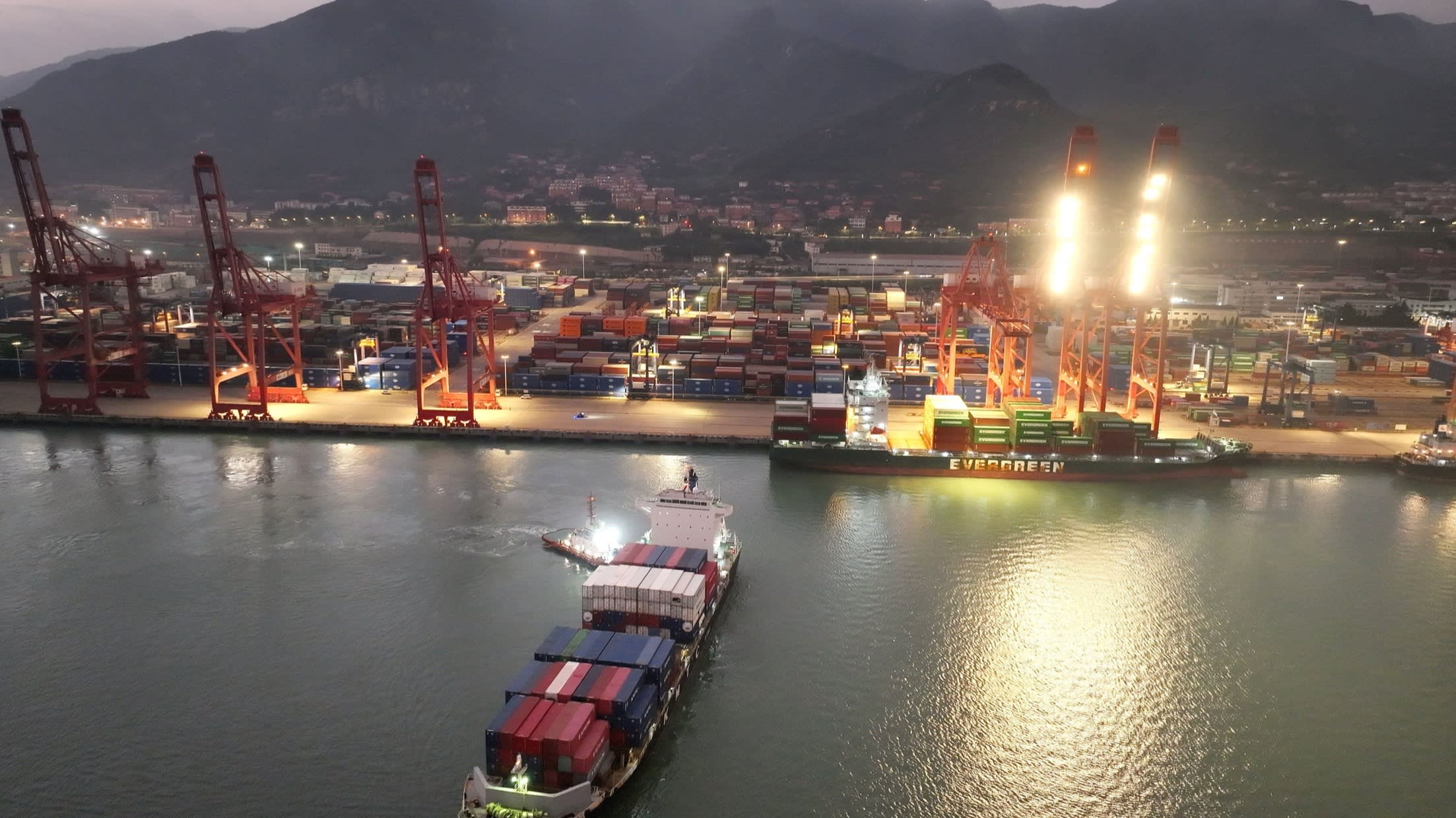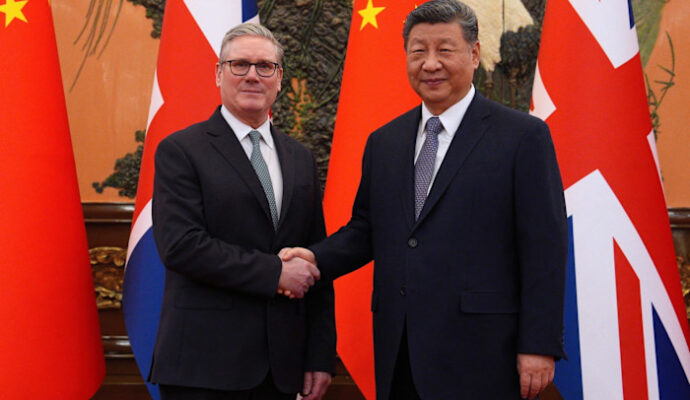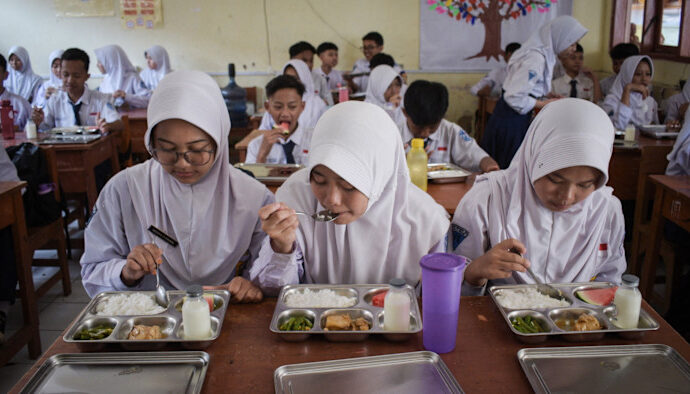
Unlock the Editor’s Digest for free
Roula Khalaf, Editor of the FT, selects her favourite stories in this weekly newsletter.
China will drop its claim to benefits available to developing countries in trade negotiations under the WTO in a move that follows long-standing US objections to the practice.
China’s Premier Li Qiang announced the plan to refrain from claiming “special and differential treatment” on the sidelines of the UN General Assembly meeting in New York, potentially removing one barrier to much-needed reforms of the WTO.
“China will not seek any new special and differential treatment in the current and future World Trade Organization negotiations,” said Li, China’s second-ranked official after President Xi Jinping, according to state media Xinhua.
Mindful of the different and sometimes harsh effects of liberalisation on rich and poor countries, WTO agreements have long allowed so-called “special and differential treatment” to be given to developing economies.
This includes longer transition periods to adapt to agreements. But the status of developing country is self-defining, with no objective criteria and China has continued to define itself as such, based on its level of income before it joined the WTO.
This has become an obstacle to the reform of the WTO with disagreements over which countries, including other large emerging economies such as India, should be entitled to special and differential treatment.
The WTO is also seeking to reform its dispute settlement process which has been moribund since 2019 when the US stopped appointing adjudicators to the WTO’s Appellate Body, preventing it working.
World trade ministers will gather in Cameroon next March at the WTO’s 14th ministerial conference to try to thrash out a new reform agenda
After Li’s announcement in New York, WTO Director-General Ngozi Okonjo-Iweala said the decision was “a pivotal moment for the WTO”.
“China’s decision reflects a commitment to a more balanced and equitable global trading system. It sends a strong signal of support for WTO reform and will help foster a more level playing field for all members,” she said.
But China’s senior trade negotiator Li Chenggang told a briefing on Wednesday after Li’s announcement that while China would forgo the benefits of the classification, it still saw itself as a developing country.
Geopolitically, the developing country characterisation is important to China’s strategic aims, which place it at the head of a new grouping of “global south” emerging nations opposed to the US-led “rules-based” order.
The US and EU are likely to continue to demand China give up the status as their bilateral trade deficits widen.
Li Qiang made his remarks at a meeting on China’s “Global Development Initiative” on the sidelines of the UNGA. The initiative is one of several policy frameworks from Beijing aimed at defining a new world order to replace the US-centred system.


